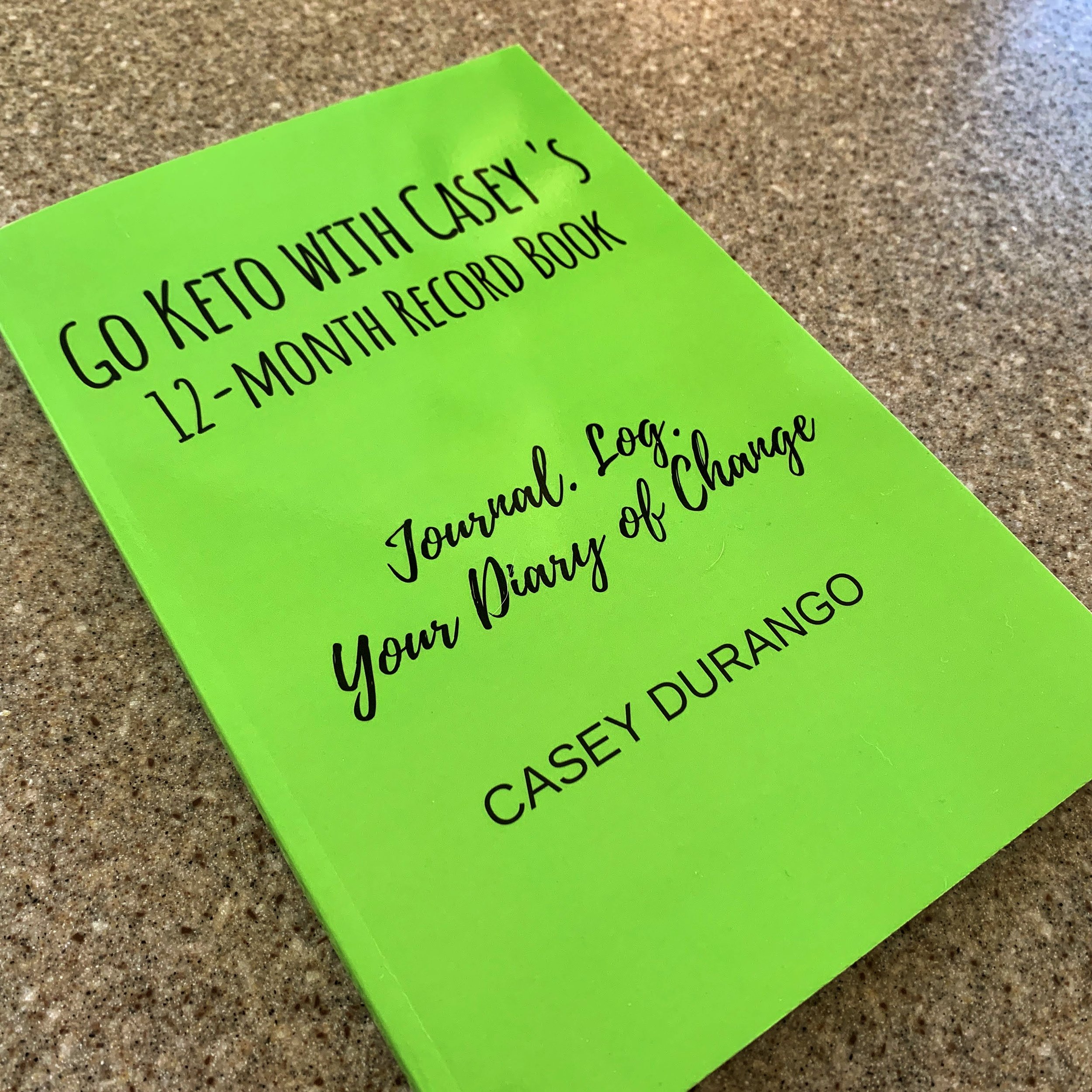How Much Protein on Keto?
/When commencing on the ketogenic diet and researching what it’s all about, one can quickly read and hear a great deal of ‘rules’:
One must consume fat to burn fat. (Not)
The ratios of fat, protein, and carbohydrate need to be strictly monitored and kept in line. (Not)
It is vital to restrict food intake to certain feeding windows. (Double not. Besides, that phrase always conjures an image of a horse standing in their paddock with their head sticking out of a window, awaiting oats.)
This is just a quick list of the so-called practices that some advise must be followed for success on the protocol. You may have come across many more and some that strain logic, like suggesting that incorporating so-called ‘cheat days’ into the mix will shock the body into losing weight.
Wha…? Stabbing oneself in the thigh with a steak knife would also shock the system but is probably not an effective fat loss strategy.
Through all the mishegas and noise there is one particular question I am asked often; “how much protein should we eat?”
My response is always that I have no idea. The answer to 'how much protein is right for me?' can only be answered by your body. And each body is different. There are formulas out there for recommended protein consumption but, not owning an abacus, I've never tried to calculate for myself. Plus, the recommended ranges are pretty wide. To quote from the one book I’d recommend on the topic of the ketogenic diet if limited to just one, The Art & Science of Low Carbohydrate Living, the formula to calculate protein intake reads:
[...] We recommend protein between 1.5 and 2.0 grams per kilogram reference body weight (.7 to .9 grams per pound reference weight). This translates to between 90 and 150 grams per day for a range of adults, which is about what the average adult in the US is already eating. (Phinney & Volek, 2011, p. 44)
This is all great information, but do you notice that the range of “between 90 and 150 grams” is wide, namely, more than a 50% swing? And as for “reference weight”, that means what our bodies weigh without all that pesky excess fat. So, go figure that one out.
Seriously, take an hour or so and go figure all that out.
Or, keep things simple. Follow ‘page 4’, don’t eat if you’re not hungry and stop when satiated. Eat the fat that comes with your protein (animal product) of choice and let nature do the math. For myself, I’ve never measured nor calculated anything other than grams (not percentage) of carbohydrates. And I didn’t escribe to the idea of ‘net carbs’ whereby one subtracts the grams for fiber per serving from the total carbohydrates. Again with the math? Plus, there’s not really good science behind the idea that fiber isn’t absorbed by the body and therefore minuses out carbs. By that logic, one could scarf down doughnuts with abandon as long as one followed up with a corresponding amount of psyllium husks. Not science and, also, ick.
The tenets of the protocol - keep carbohydrate intake to 20g/day or fewer (total, not net), eat fatty sources of protein, don't eat if not hungry, stop when satiated - covers what we need to be successful. Of course, just because we don’t need to measure protein doesn’t open the door to consuming platters of lovely, keto-friendly steaks and chops and duck and eggs and chicken. The ‘not eating if not hungry and stop eating when satiated’ part of the protocol pretty much precludes pulling a Coneheads move, gorging on vast quantities of food.
This is about fueling and nourishing, not gorging. And it’s not about perseverating over grams and percentages and ratios. We’ve spent enough of our lives tormented about measuring and calculating and micromanaging our food. Let’s try giving all that a rest, shall we?
So, calculate away if it pleases. I prefer to use math for more practical and pressing matters. Like, how many eggs are we likely to get from our 24 chickens in the course of a month once they start laying, and where the heck are we going to store them all? But that’s another story altogether.
For those inclined to videos, here’s one on the topic I made a while ago.
Disclaimer: I’m not a medical doctor, researcher or PhD but rather a I’ve been fortunate to have had the time and resources to research the ketogenic diet, also known as LCHF (low carb/high fat). The information I share is based solely on my understanding of that research. We are all responsible for our own choices, including what we put in our mouths and there’s no substitute for each of us checking things out ourselves. And I’m not a medical professional in any way. Go Keto With Casey is not a medical site. “Duh,” you might say. But best to make it clear to all. I welcome questions, comments and even civil criticism. I’m still learning. So, if you have something to add, go for it. Links in this post and all others may direct you to affiliate links, where I will receive a small amount of the purchase price of any items you buy through those links. Thanks!

































